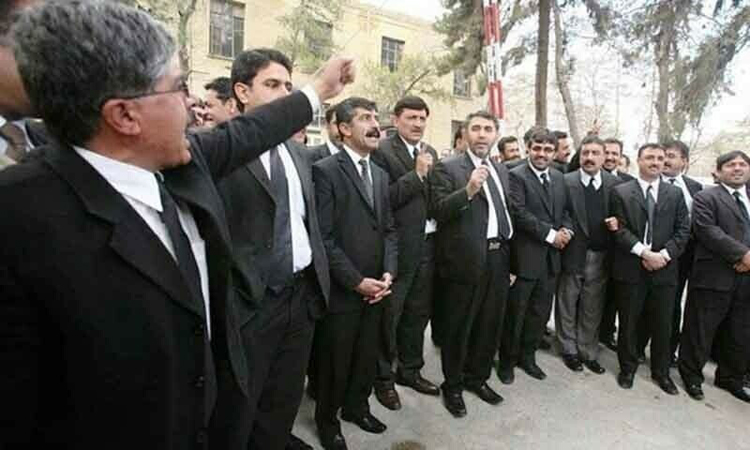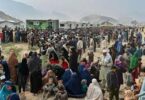Top lawyers’ bodies of the country, the Pakistan Bar Council (PBC) and the Supreme Court Bar Association (SCBA) have recently held a protest rally and expressed distrust in the Chief Election Commissioner (CEC) for holding free and transparent elections slated for February 8 next year. In their official press releases, both lawyers forums expressed their concerns over the conduct of the CEC, regarding election procedures, delimitations, and seat allocations, stressing the need for the provision of a level playing field and equal opportunities, for all political parties and independent candidates to ensure transparency and fairness in the electoral process.
Civil society, Non-governmental Organizations (NGOs), and Lawyers’ associations play an important role in countries around the globe by advocating for sane legislation, upholding the rule of law, and promoting access to justice for laymen and disadvantaged segments of society. These professional forums provide support and resources to the lawyers’ community, offer professional excellence and growth through education, and set ethical standards for the profession in civilized nations across the world. These associations also engage in lobbying for legal reforms, protect the rights of lawyers, and sometimes offer pro bono services to ensure justice for all individuals, regardless of their socio-economic status, religion, and ethnicity. Historically, Pakistan’s Lawyers’ Movement was a landmark civil movement that emerged in response to the dismissal of Chief Justice Iftikhar Muhammad Chaudhry by a powerful military ruler General Pervaiz Musharraf dating back in 2007. This movement was primarily led by lawyers and legal professionals protesting against blatant aggression against the independence of the judiciary and writ of the constitution. Succeeding its sole mission by reinstating the deposed judges to their positions, was a magnificent achievement of the Pakistani lawyers community and civil society over a decade ago.
Unfortunately, like all other state institutions, governing bodies, and labour unions, the lawyers’ community is utterly divided and polarized across the spectrum, and each faction resolutely toeing its party’s manifesto and the agenda of its party leaders. So far, the idea of civil reforms, national building, and political grooming of the public/ professionals is no longer a priority of any political leader, advocate, or union leader in the country. Meanwhile, after grabbing unimaginable respect in society in the aftermath of the successful lawyers’ movement, a few young advocates and some sections of the lawyers’ community have been lured into an unethical and unprofessional attitude by being involved in illegal practices. The intimidation of government institutions, the LEAs, the threat and coercion to Judges and juries has become customary in today’s Pakistan. Historically, Senior advocates failed in character building and professional grooming of their junior colleagues and students, while the unreal sense of professional superiority has translated the young advocates into villains and desperados instead of docile persons and law abiders.
At this moment, Pakistan is coming out of a months-long political haphazard and anarchy and the nation hopes for socioeconomic stability after a smooth election and transition of power early next year. Lawyers associations are important elements of Pakistani society and they must play a constructive role by highlighting the irregularities and shortcomings of government institutions so those important issues can be resolved timely. However, personal attacks on government executives and manipulating an already fragile political environment could not have any constructive part in nation-building and political cohesion. The lawyers’ forums have a proud history of their magnificent achievements in legislation, and parliamentary, and constitutional affairs in the country throughout the past. Hopefully, the lawyers’ community will desist from internal division, political polarization, and gangsterism, while continuing their rightful role in nation-building through constructive criticism, constitutional advice, and active philanthropism in the future.







